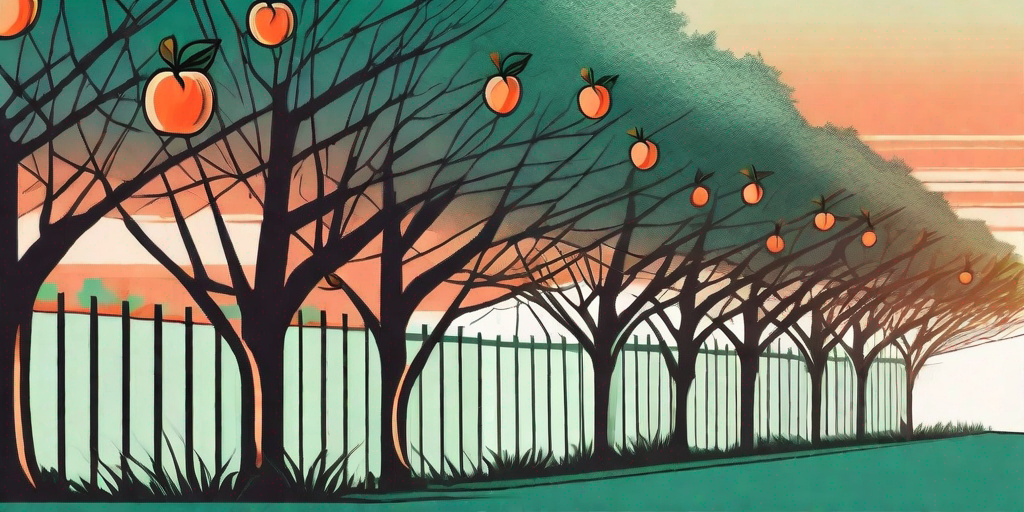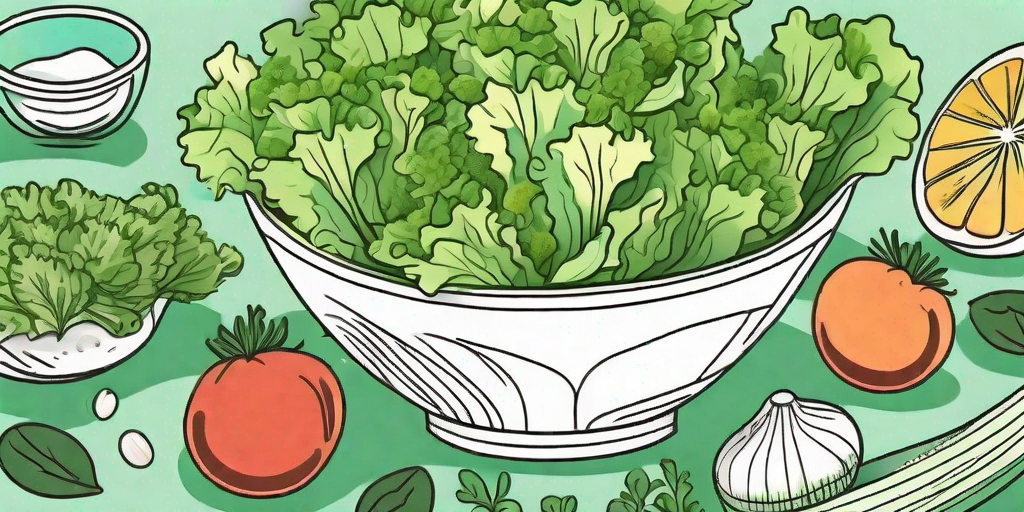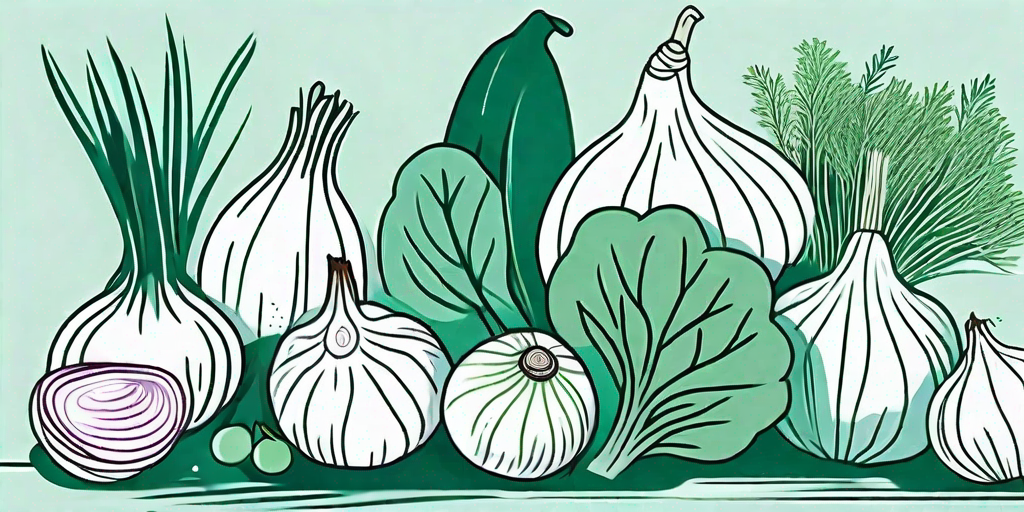
In the vast world of tubers, one name stands out for its sheer audacity and mystery - the Jerusalem Artichoke. Despite its name, it's neither from Jerusalem, nor is it an artichoke. It's a tuber, and it hails from North America. But don't let its confusing moniker fool you; this plant is a hidden gem in the world of gardening and cuisine. Let's dig deeper and unearth the secrets of this fascinating plant.
The Origin Story of the Jerusalem Artichoke
Let's start with a bit of a history lesson. The Jerusalem Artichoke, also known as Helianthus tuberosus, is a species of sunflower native to North America. The name is a bit of a linguistic jumble. It's thought to have come from the Italian word 'girasole', meaning 'sunflower'. Over time, 'girasole' was mispronounced as 'Jerusalem', and thus, the Jerusalem Artichoke was born. As for the 'artichoke' part, that's believed to be because its taste is somewhat reminiscent of an artichoke. It's a bit like calling a tomato a 'love apple' - it's poetic, but it doesn't make a lot of sense.
Native Americans cultivated the Jerusalem Artichoke long before Europeans arrived on the continent. They valued it for its high nutritional content and versatility. When the settlers arrived, they took a liking to this strange tuber and brought it back to Europe, where it enjoyed a brief period of popularity before being overshadowed by the potato. But like a tuberous phoenix, the Jerusalem Artichoke is rising from the ashes and making a comeback in modern cuisine.
Planting and Growing Jerusalem Artichokes
Now, let's get down to the nitty-gritty - how to grow your own Jerusalem Artichokes. These plants are surprisingly easy to grow, and they can thrive in a variety of conditions. They're like the honey badgers of the plant world - they just don't care. They'll grow in poor soil, they'll grow in the shade, and they'll even grow in a pot if you're short on space.
Jerusalem Artichokes are grown from tubers, not seeds. You can buy these online or from a garden center. Plant them in early spring, about 4-6 inches deep and 12-18 inches apart. They'll start to sprout in a few weeks, and by late summer, you'll have a forest of tall, sunflower-like plants. The tubers are ready to harvest in late fall, after the first frost has killed off the foliage.
Soil and Watering
Jerusalem Artichokes aren't picky about soil. They'll grow in sandy, clayey, or loamy soil, as long as it's well-drained. They're also drought-tolerant, so you don't need to worry about watering them unless you're experiencing a particularly dry spell. In fact, overwatering can cause the tubers to rot, so it's best to err on the side of caution.
One thing to keep in mind is that Jerusalem Artichokes are aggressive growers. They can quickly take over a garden if left unchecked. To prevent this, you can plant them in a raised bed or a large container. This will keep their growth in check and make harvesting easier.
Pests and Diseases
Jerusalem Artichokes are generally resistant to pests and diseases. However, they can occasionally be affected by fungal diseases like Sclerotinia and Rhizoctonia. To prevent this, ensure good air circulation around the plants and avoid overwatering. As for pests, slugs and snails are the main culprits. These can be controlled with organic slug pellets or by encouraging natural predators like birds and hedgehogs.
Despite these potential issues, Jerusalem Artichokes are generally low-maintenance plants. They require little care and provide a bountiful harvest. It's like getting a lot for a little - a deal that's hard to resist!
Culinary Uses of Jerusalem Artichokes
Now that we've covered the gardening aspect, let's move on to the fun part - eating! Jerusalem Artichokes have a sweet, nutty flavor that's similar to an artichoke, hence the name. They can be eaten raw or cooked, and they're incredibly versatile in the kitchen.
Raw Jerusalem Artichokes have a crunchy texture and a sweet taste. They can be sliced thin and added to salads, or grated and used in coleslaw. When cooked, they become soft and creamy, making them perfect for soups, stews, and purees. They can also be roasted, boiled, or steamed, and they make a great substitute for potatoes.
Recipes to Try
If you're new to Jerusalem Artichokes, here are a few recipes to get you started:
- Jerusalem Artichoke Soup: This creamy soup is a classic way to enjoy Jerusalem Artichokes. It's simple, comforting, and showcases the unique flavor of the tubers.
- Roasted Jerusalem Artichokes: Roasting brings out the sweetness of the tubers and gives them a crispy exterior. They're a great side dish for any meal.
- Jerusalem Artichoke Gratin: This rich and creamy gratin is a decadent treat. It's perfect for a special occasion or a cozy winter night.
Remember, Jerusalem Artichokes can be used in any recipe that calls for potatoes. So don't be afraid to experiment and try new things!
Frequently Asked Questions
Are Jerusalem Artichokes good for you?
Yes, they are! Jerusalem Artichokes are low in calories and high in fiber. They're also a good source of iron, potassium, and vitamin C. Plus, they contain inulin, a type of prebiotic fiber that's good for your gut health.
Can you eat Jerusalem Artichokes raw?
Absolutely! Raw Jerusalem Artichokes have a crisp texture and a sweet, nutty flavor. They're great in salads or as a crunchy snack.
How do you store Jerusalem Artichokes?
Jerusalem Artichokes can be stored in a cool, dark place for up to a month. If you want to keep them longer, you can blanch and freeze them.
Can you grow Jerusalem Artichokes in a pot?
Yes, you can! Jerusalem Artichokes are very adaptable and can be grown in a large pot or container. Just make sure it has good drainage.
So there you have it - the humble Jerusalem Artichoke, a plant that's easy to grow, delicious to eat, and good for you too. It's a tuberous trifecta! Whether you're a seasoned gardener or a culinary adventurer, the Jerusalem Artichoke is a plant worth exploring. So why not give it a try? You might just discover a new favorite.











